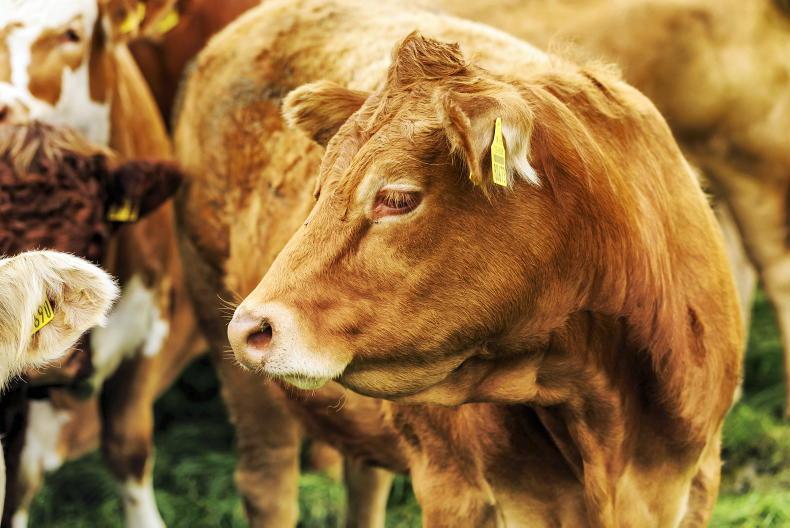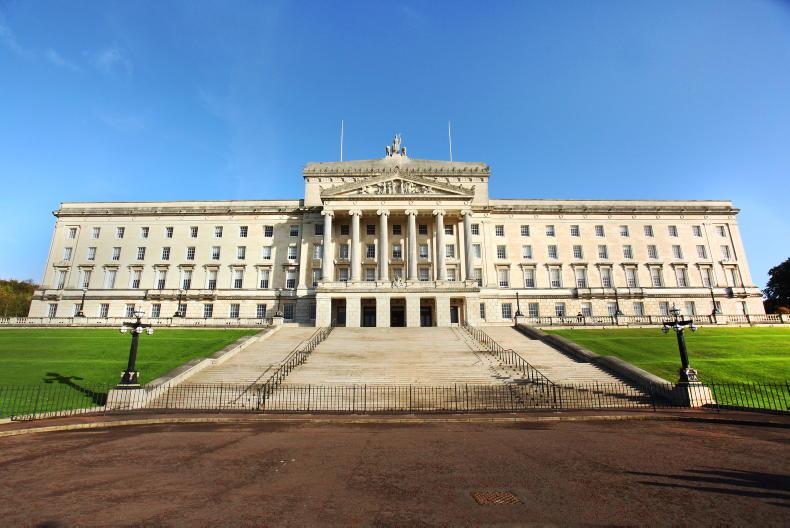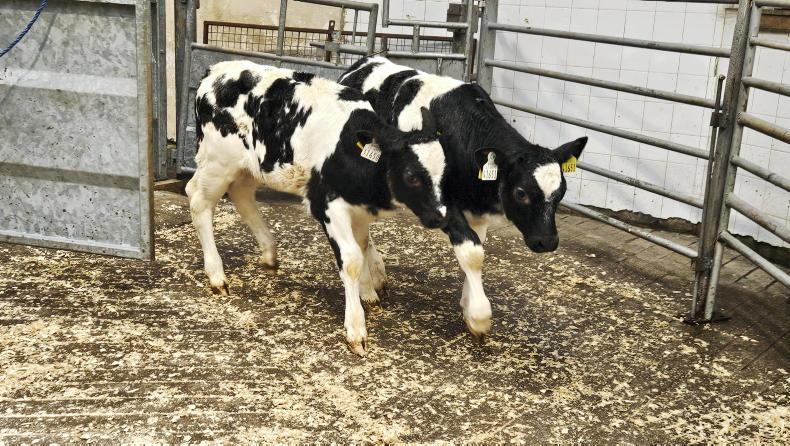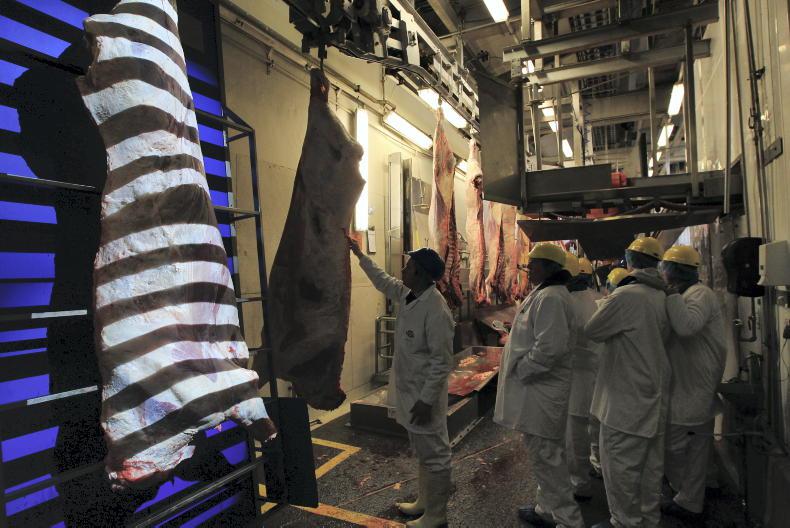The credibility of a private members bill on climate change was called into question at Stormont on Thursday when a senior DAERA official gave the department’s assessment of the proposals.
Colin Breen, who leads DAERA’s environmental policy division, repeatedly highlighted how the bill ignores all advice from the Climate Change Committee (CCC), the statutory body that advises the UK government on climate policy.
Breen, who will be charged with overseeing new policies to achieve climate targets, described the CCC as “world renowned” and “respected” experts on setting climate policy and developing pathways to reach targets.
Legal requirement
The CCC has recommended that NI aims for at least an 82% reduction in emissions by 2050, but the private members bill from Green Party MLA Clare Bailey will make it a legal requirement for NI to reach net zero by 2045.
“All other jurisdictions in the UK have all taken the CCC advice on board to set their targets.
"Currently, the private members bill as drafted [for NI], hasn’t. That’s my main concern as an official providing evidence,” Breen said.
Calculations
Supporters of the private members bill have questioned calculations used by the CCC and have suggested that wider use of agroecology and less intensive farming methods will allow NI to reach net zero.
However, Breen was clear that there was no evidence to support these claims.
“There are over 50 pages of information on all the modelling and scenarios that CCC have used to account for the land use sector.
"The agroecology bit is simply a paragraph identifying some areas which have not been included in what is a very comprehensive modelling exercise,” he explained.
“Some further actions, which may sequester carbon, are not a magic answer,” Breen said.










SHARING OPTIONS